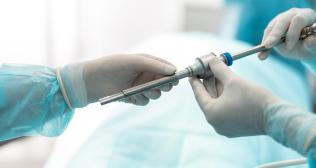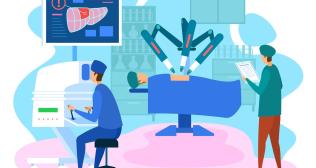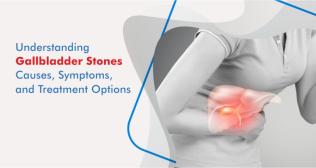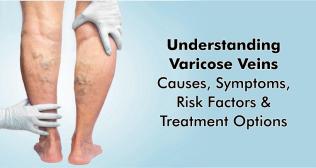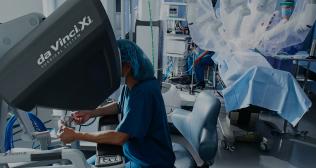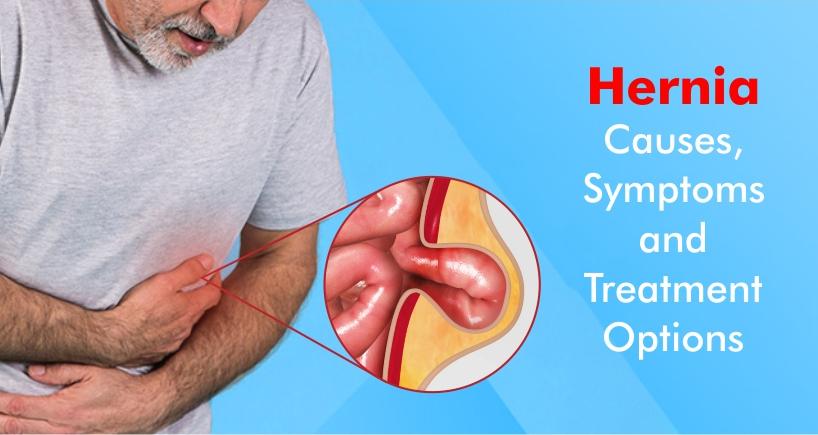
Understanding Hernia - Causes, Symptoms, and Treatment Options
Hernias are a common medical condition that affects millions of people worldwide. They occur when an internal organ, such as the intestine, pushes through a weakened area in the surrounding muscle or tissue. Hernias can be uncomfortable, painful, and sometimes even life-threatening if left untreated. In this article, we will explore the causes, symptoms, and conventional treatment options for hernias.
Causes of Hernia
Hernias typically develop due to a combination of factors. Most commonly, they result from muscle weakness or strain, often caused by heavy lifting, persistent coughing, or constipation. Additionally, congenital defects can also make some individuals more prone to hernias.
Symptoms of Hernia
Identifying a hernia is usually straightforward. The most common symptom is a noticeable bulge in the affected area, often the abdomen or groin. This bulge may be more apparent when standing or straining and may disappear when lying down. Other symptoms may include pain, discomfort, and a feeling of pressure at the site of the hernia.
Treatment Options for Hernia
The most common treatment for hernias is surgery. This procedure involves pushing the herniated organ back into place and reinforcing the weakened muscle or tissue. Traditional open surgery or laparoscopic surgery are the two primary surgical methods used to treat hernias. Open surgery requires a larger incision, while laparoscopic surgery involves smaller incisions and the use of a camera and specialized tools. Recovery time varies, but most people can resume regular activities within a few weeks.
Robotic Surgery as a Treatment Option
In recent years, robotic surgery has emerged as an advanced and minimally invasive option for treating hernias. This cutting-edge technology offers several advantages
1. Precision Robotic systems provide surgeons with enhanced precision and dexterity, allowing them to perform intricate procedures with great accuracy.
2. Minimal Scarring Robotic surgery uses small incisions, resulting in less scarring and a more cosmetically appealing outcome for patients.
3. Faster Recovery Patients who undergo robotic hernia surgery often experience shorter hospital stays and quicker recovery times compared to traditional open surgery.
4. Reduced Pain Thanks to smaller incisions and less tissue manipulation, patients typically experience less postoperative pain and discomfort.
5. Lower Risk of Infection The minimally invasive nature of robotic surgery can lower the risk of infection and other complications.
In conclusion, hernias can be a significant health concern, and understanding their causes and symptoms is essential for early diagnosis and treatment. While traditional surgical methods are effective, robotic surgery offers a state-of-the-art alternative with several benefits, including precision, minimal scarring, faster recovery, reduced pain, and a lower risk of infection. If you suspect you have a hernia, consult with a healthcare professional to discuss the best treatment option for your specific case.
Categories
Clear allMeet the doctor

- General Surgery | General Surgery
-
20 Years
-
1100







